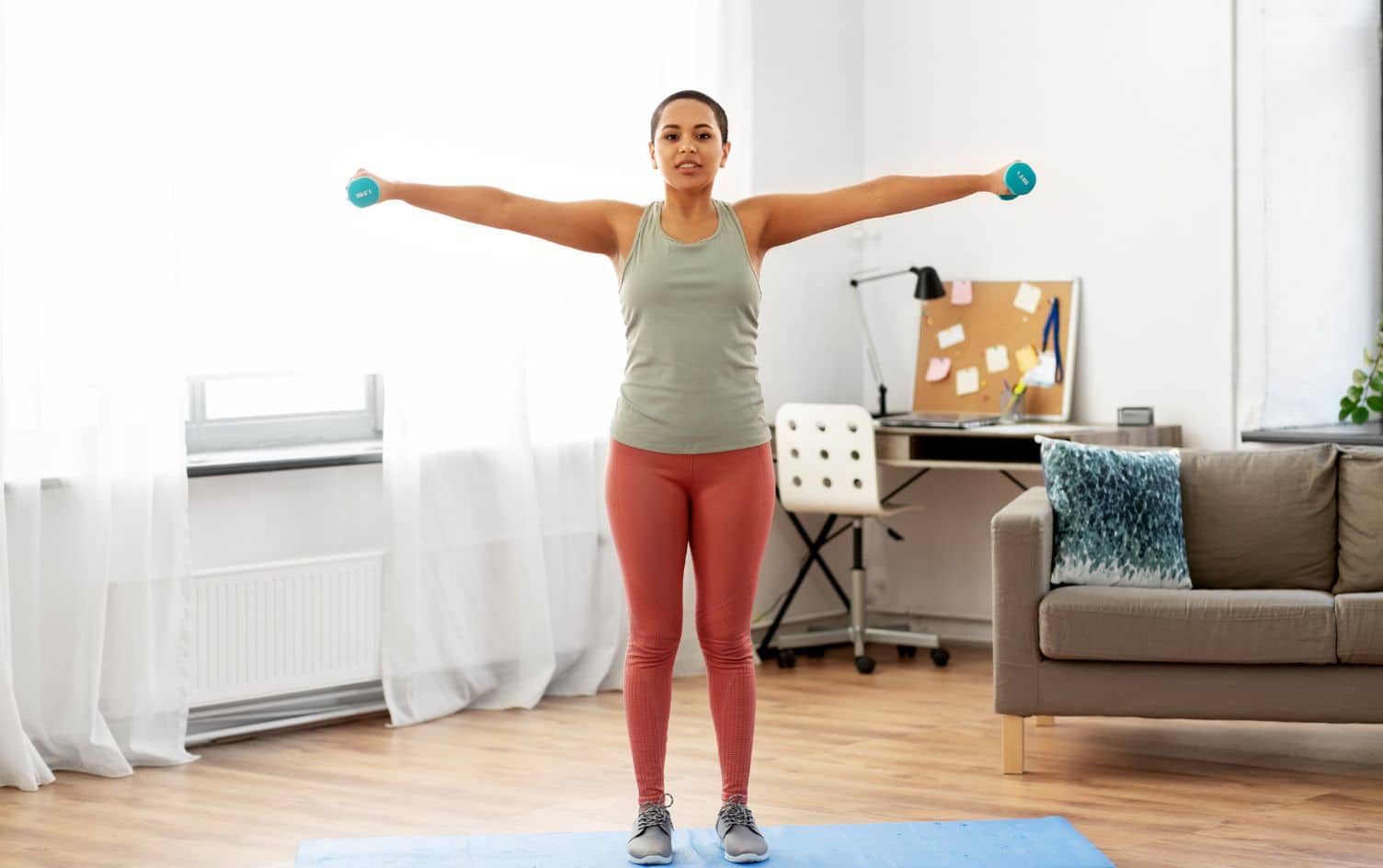Breaking a sweat could help you break up with your blood pressure medication, according to new research published in the British Journal of Sports Medicine.
Researchers looked at studies that examined the effectiveness of exercise and medication for lowering blood pressure and found that, for those with high blood pressure, both cardiovascular exercise and strength training worked just as well as prescription blood pressure pills, which is good news for the 80 million Americans with high blood pressure.
Huseyin Naci, PhD, assistant professor at the London School of Economics, led the research. He notes that most research on exercise interventions has been limited to small studies; his research included data from 10,461 exercisers.
Despite the promising results, Naci is not suggesting tossing your blood pressure prescriptions just yet. Instead, he says, “people who have been prescribed drugs for their blood pressure … may want to discuss potential benefits of exercise interventions with their doctors.”
HOW EXERCISE AFFECTS BLOOD PRESSURE
Although all of the data points to the benefits of exercise on blood pressure, there is a misconception that those with high blood pressure should avoid getting their hearts pumping too hard, according to Lynne Braun, PhD, NP, a professor at Rush University and member of the American College of Cardiology.
“Your blood pressure increases during exercise, which makes people think exercise might be a bad idea if you already have high blood pressure,” she says. “After a bout of exercise, your blood pressure decreases and could drop below your baseline — and that effect could last for several hours.”
Over time, regular exercise helps decrease the resistance in your arteries, making it easier for blood to flow and causing a subsequent drop in blood pressure.
“The impact of exercise is greater for people with a diagnosis of hypertension,” Braun explains. “If your blood pressure is elevated to start with, you can expect greater decreases.”
CARDIO OR STRENGTH TRAINING?
While all forms of exercise are beneficial, studies show cardiovascular exercise has a slight edge over strength training when it comes to lowering blood pressure — but both reductions are in line with the effects of common prescription blood pressure medications; exercise also lowers the risk of cardiovascular disease.
In a study published in the journal Current Hypertension Reports, the researchers noted, “Exercising as little as one day per week is as effective (or even more so) than pharmacotherapy for reducing all-cause mortality among those with hypertension.”
Exercise could also help reduce the number of blood pressure medications you take. A 2018 study published in the Journal of Hypertension found patients who relied on multiple blood pressure medications showed significant decreases in both their systolic and diastolic readings after engaging in 40-minute sweat sessions three times per week for three months.
THE BOTTOM LINE
“Every bout of exercise is like a dose of medication,” says Braun. “With regular physical activity, you might be able to reduce the number of medications or decrease the dosages or go off of medication altogether — and if you don’t have high blood pressure, a regular exercise program can help protect against a diagnosis down the road.”




